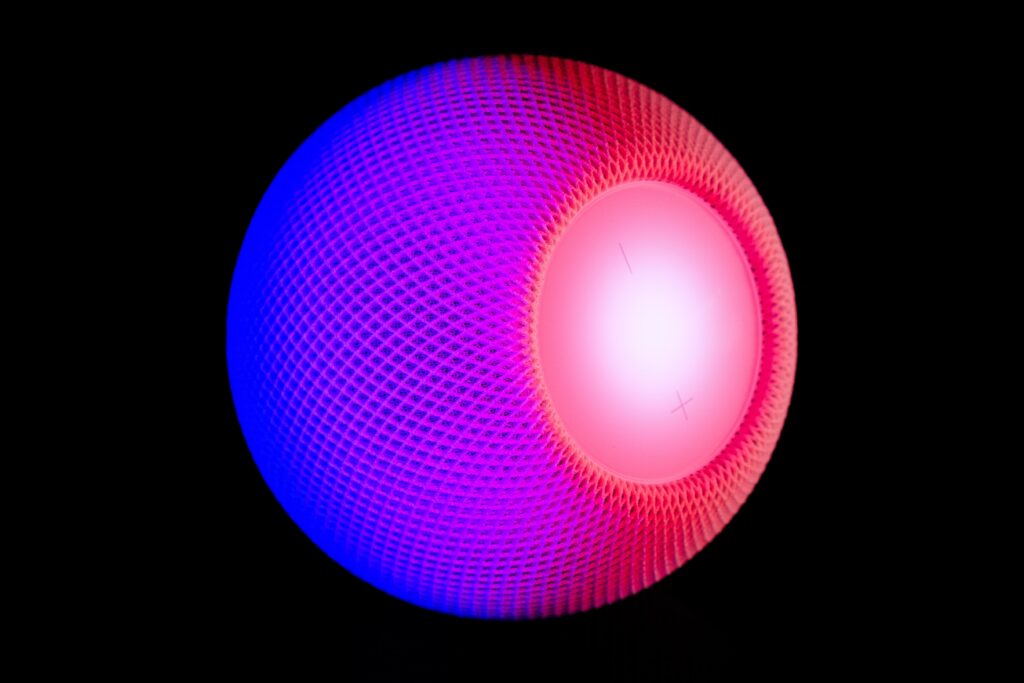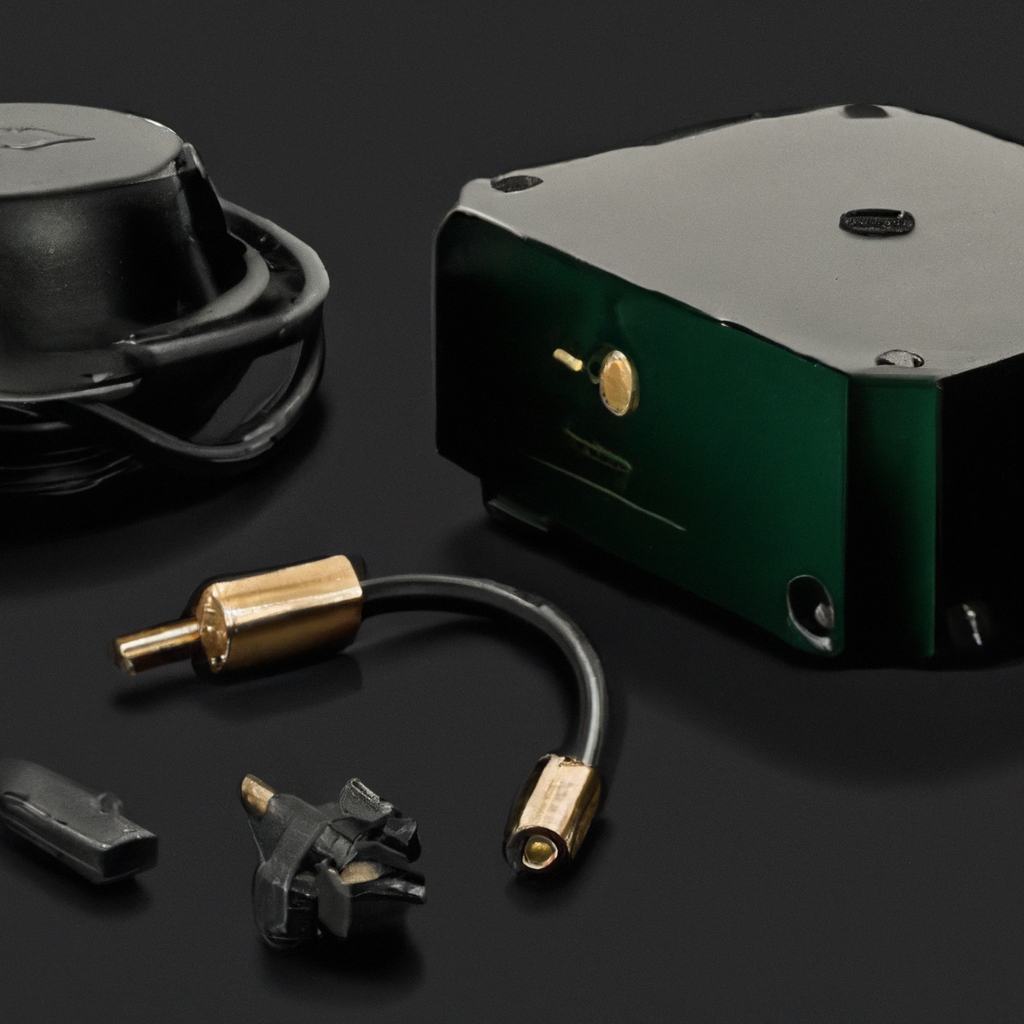How Important Is A Sound Card For Gaming? 8 Compelling Reasons
How Important Is A Sound Card For Gaming: Introduction
In the fast-paced world of gaming, you may often find yourself prioritizing the latest graphics cards or high-resolution monitors. But amidst all the frenzy, have you ever stopped to think about the role of a sound card in enhancing your gaming experience? While it may be easy to overlook, a sound card can play a crucial part in immersing you in the virtual world, bringing the game to life with realistic audio effects and crystal-clear sound quality. Let’s explore just how important a sound card truly is for gaming, and why it shouldn’t be underestimated.

What is a sound card?
Definition
A sound card, also known as an audio card or a sound adapter, is a hardware device that is installed in a computer to facilitate the output and input of audio signals. It is responsible for translating digital audio data into analog signals that can be heard through speakers or headphones. Additionally, it enables the recording of audio through a microphone. Sound cards are an essential component in any gaming setup as they enhance the overall gaming experience by providing high-quality audio output.
Functionality
The primary function of a sound card is to process audio data and convert it into an analog signal that can be played through speakers or headphones. It also includes inputs for connecting microphones or other audio sources to enable audio recording. Sound cards provide various features to improve the audio quality and support advanced audio technologies. They also offer customization options that allow users to adjust audio settings according to their preferences. In gaming, sound cards play a vital role in delivering immersive audio effects and enhancing the overall gaming experience.
Benefits of using a sound card for gaming
Enhanced audio quality
One of the significant benefits of using a sound card for gaming is the enhanced audio quality it provides. Sound cards are designed to deliver a more accurate and detailed audio output compared to the built-in audio found on motherboards. They have dedicated components and circuitry that focus solely on audio processing, resulting in clearer and more vibrant sound. With a sound card, you can hear subtle sounds, such as footsteps or environmental cues, which can give you a competitive edge in games.
Better positional audio
Positional audio is crucial in gaming as it helps players determine the location of in-game sounds accurately. Sound cards are specifically built to enhance positional audio by utilizing techniques like virtual surround sound and headphone surround sound. These technologies create a realistic and immersive audio environment, allowing gamers to pinpoint the direction of various in-game sounds accurately. Whether you’re trying to locate an enemy or experiencing the full depth of a game’s soundtrack, a sound card can greatly enhance your gaming experience.
Reduced audio latency
Audio latency, also known as audio delay, refers to the time it takes for a sound to travel from the source to your ears. High audio latency can result in a mismatch between the audio and visual cues in games, leading to a disjointed and less immersive experience. Sound cards are designed to minimize audio latency by providing dedicated processing and efficient communication with the computer’s CPU. This reduction in audio latency ensures that the sounds you hear in games are synchronized with the on-screen action, enhancing the overall gaming experience.
Customization options
Sound cards often come with software that allows users to customize various audio settings to suit their preferences. These settings can include equalizers, special audio effects, and various audio enhancement options. Customization options offered by sound cards give gamers the freedom to personalize their audio experience according to their preferences. Whether you prefer a bass-heavy audio profile or want to fine-tune the audio to match the characteristics of your headphones, a sound card’s customization options can greatly enhance your gaming experience.
Support for advanced audio technologies
Sound cards provide support for advanced audio technologies, such as Dolby Digital, DTS:X, and THX. These technologies offer immersive surround sound, delivering a more realistic and cinematic audio experience. With a sound card that supports these technologies, you can enjoy games with enhanced audio effects and a more immersive gaming environment. Additionally, sound cards often receive driver updates that introduce new features and support for the latest audio technologies, ensuring that you can stay up-to-date with the evolving audio landscape in gaming.
Types of sound cards available
When it comes to sound cards for gaming, there are two main types available: integrated sound cards and dedicated or discrete sound cards.
Integrated sound cards
Integrated sound cards, also referred to as onboard audio or built-in audio, are audio components that come integrated with the motherboard of a computer. They are the default audio solution for most modern motherboards and are suitable for casual gamers or those on a tight budget. While integrated sound cards have seen significant improvements in quality over the years, they are generally limited in terms of audio performance and features compared to dedicated sound cards.
Dedicated or discrete sound cards
Dedicated sound cards, also known as discrete sound cards, are separate audio components that are installed in expansion slots on the motherboard. They offer better audio performance, more features, and greater customization options compared to integrated sound cards. Dedicated sound cards have higher quality digital-to-analog converters (DACs) and amp circuits, resulting in improved audio clarity and less noise interference. They are the preferred choice for serious gamers, audiophiles, and those who value high-quality audio in their gaming experience.
Factors to consider when choosing a sound card for gaming
Compatibility with motherboard
Before purchasing a sound card, it is important to ensure compatibility with your motherboard. Sound cards typically come in various form factors, such as PCI, PCIe, or USB, and require a corresponding slot on the motherboard. It is crucial to check the available slots on your motherboard and choose a sound card that can be easily installed.
Audio quality specifications
The audio quality specifications of a sound card play a significant role in determining the overall audio performance. Look for sound cards with high signal-to-noise ratio (SNR) measurements, as higher SNR values indicate better audio quality and less distortion. Additionally, consider the total harmonic distortion (THD) and frequency response specifications to ensure accurate audio reproduction.
Number of channels and sample rate
The number of channels supported by a sound card determines the spatial sound experience. Most gaming sound cards support 5.1 or 7.1 channel audio, which provides surround sound capabilities. Additionally, pay attention to the maximum sample rate supported by the sound card, as higher sample rates can result in more accurate audio reproduction.
Surround sound support
If you are looking for a more immersive gaming experience, consider sound cards that support surround sound technologies, such as Dolby Digital or DTS:X. These technologies create a realistic audio environment by accurately reproducing sounds from different directions, enhancing the overall gaming experience.
Software features and customization options
Check the software features and customization options provided by the sound card. Look for features like equalizers, audio effects, and microphone noise cancellation. Additionally, consider the availability of software updates and driver support, as these can ensure the sound card remains compatible with new games and audio technologies.
Price and budget considerations
Sound cards vary in price, with more expensive options generally offering better audio performance and more features. Consider your budget and prioritize the features that are most important to you. While dedicated sound cards may offer superior audio quality, they might not be necessary for casual gamers or those on a tight budget.

Built-in audio vs. dedicated sound card
Advantages of built-in audio
Built-in audio, also known as integrated sound cards, offers a few advantages for gamers. Firstly, integrated sound cards come pre-installed on most modern motherboards, eliminating the need for an additional purchase. They are also generally sufficient for casual gaming needs, providing basic audio functionality without any additional cost. Moreover, integrated sound cards consume fewer system resources and require minimal setup, making them a convenient option for those who prioritize simplicity and ease of use.
Advantages of dedicated sound cards
Dedicated sound cards provide numerous advantages over built-in audio, especially for serious gamers or those with specific audio requirements. Firstly, dedicated sound cards often offer higher audio quality, thanks to better components and circuitry. This results in improved audio clarity, reduced noise interference, and enhanced overall sound reproduction. Dedicated sound cards also provide more customization options, allowing users to fine-tune the audio according to their preferences. These cards are also designed to deliver better positional audio and support advanced audio technologies, further enhancing the gaming experience. For gaming enthusiasts and audiophiles, dedicated sound cards are a worthwhile investment.
Common misconceptions about sound cards
All sound cards offer the same performance
It is a common misconception that all sound cards offer the same level of performance. In reality, different sound cards vary significantly in terms of audio quality, features, and customization options. This is why it is important to carefully consider the specifications and features of a sound card before making a purchase. Higher-end dedicated sound cards can provide a substantial improvement in audio performance compared to basic integrated sound cards.
Only audiophiles can benefit from a sound card
While audiophiles certainly appreciate the enhanced audio quality provided by dedicated sound cards, they are not the only ones who can benefit from them. Gamers, in particular, can experience a significant improvement in their gaming experience with a sound card. From better positional audio to reduced audio latency, sound cards augment the immersive nature of gaming, allowing players to better hear and react to in-game sounds.
Built-in audio is sufficient for gaming
While it is true that built-in audio has improved over the years, it still falls short in terms of audio quality and features compared to dedicated sound cards. Built-in audio may be sufficient for casual gaming, but for a truly enhanced gaming experience, a dedicated sound card is recommended. The improved audio quality, better positional audio, and customization options provided by a dedicated sound card make it a valuable addition to any gaming setup.

Integrated sound cards in modern motherboards
Quality of integrated sound cards
In recent years, the quality of integrated sound cards found on modern motherboards has improved significantly. Motherboard manufacturers have started incorporating better audio components and technologies into their designs, resulting in improved audio quality. While integrated sound cards might be sufficient for basic audio needs, they may still fall short when it comes to demanding gaming scenarios or audiophile-grade audio reproduction.
Limitations and drawbacks
Integrated sound cards, despite their improvements, have certain limitations and drawbacks. They are often limited in terms of audio performance, featuring lower quality DACs and audio circuitry compared to dedicated sound cards. Additionally, integrated sound cards may be susceptible to interference from other components within the computer, leading to audio distortion or noise. They also lack the advanced features and customization options found in dedicated sound cards, limiting the ability to fine-tune the audio settings according to personal preferences.
Recommended sound cards for gaming
Creative Sound Blaster Z
The Creative Sound Blaster Z is a popular choice among gamers due to its excellent audio quality and feature set. It features a high signal-to-noise ratio (SNR) of 116dB, ensuring clear and accurate audio reproduction. The Sound Blaster Z supports 5.1-channel surround sound and features a built-in headphone amp for powering high-impedance headphones. It also comes with a dedicated microphone input and offers a wide range of audio customization options through the included software.
ASUS Xonar AE
The ASUS Xonar AE is a budget-friendly option that still offers excellent audio performance. It features a 192kHz/24-bit Hi-Res audio engine that provides exceptional audio clarity and detail. The Xonar AE supports up to 7.1-channel output and offers a headphone amplifier for improved audio quality when using headphones. It also includes ASUS’ exclusive Hyper Grounding technology, which reduces electromagnetic interference and improves audio performance.
EVGA NU Audio
The EVGA NU Audio is a high-end sound card targeted towards discerning gamers and audiophiles. It utilizes an industry-leading AKM 4493 DAC for exceptional audio quality, providing a dynamic range of 123dB. The NU Audio supports 5.1-channel surround sound and features a switchable OP-AMP for users to customize the sound signature. It also includes audio capacitors designed specifically for gaming and a dual-amp design for driving high-impedance headphones.
Sennheiser GSX 1000
While not a traditional sound card, the Sennheiser GSX 1000 is a highly regarded external audio amplifier and DAC designed specifically for gaming. It offers a surround sound experience using Sennheiser’s proprietary Binaural Rendering Engine, providing accurate positional audio cues. The GSX 1000 has an intuitive touch panel interface for easy control of audio settings and features dedicated profiles for various gaming genres.
AuzenTech X-Fi Forte
The AuzenTech X-Fi Forte is a dedicated sound card that caters to gamers looking for exceptional audio performance. It features the renowned Creative X-Fi audio processor, which delivers immersive 3D audio effects and realistic surround sound. The X-Fi Forte supports up to 7.1-channel output and includes a built-in headphone amplifier for boosting audio quality for headphones. It also offers a variety of software features and customization options to fine-tune the audio according to individual preferences.

Alternative solutions for improved gaming audio
External USB DACs and Amps
External USB digital-to-analog converters (DACs) and headphone amplifiers can greatly enhance gaming audio. These devices connect to the computer via a USB port and bypass the built-in audio components, resulting in improved audio quality and reduced interference. USB DACs and amps often feature higher-quality components and support higher sample rates, allowing for accurate and detailed audio reproduction.
Gaming headsets with built-in sound processing
Some gaming headsets come with built-in sound processing capabilities that can enhance the audio experience. These headsets incorporate virtual surround sound technologies, such as Dolby Atmos or DTS Headphone:X, to provide a more immersive gaming experience. While not a replacement for dedicated sound cards, these headsets can provide a convenient and portable solution for gamers looking to improve their audio experience.
Virtual surround sound software
Virtual surround sound software is a cost-effective alternative to dedicated sound cards for gamers who prefer to use their built-in audio. These programs utilize advanced audio algorithms to simulate surround sound using stereo headphones. By creating virtual sound sources, these software solutions can enhance the positional audio in games, allowing players to accurately pinpoint the direction of in-game sounds.
How Important Is A Sound Card For Gaming: Conclusion
While often overlooked, a sound card is a valuable component for gamers looking to enhance their gaming experience. Whether through improved audio quality, better positional audio, or reduced audio latency, a sound card can greatly enhance the immersive nature of games. With a wide range of sound cards available, gamers can choose a solution that matches their budget and audio requirements. Whether opting for a dedicated sound card, external USB DAC, or gaming headset with built-in sound processing, the enhanced audio experience is sure to enhance the enjoyment and performance of any gaming session.





